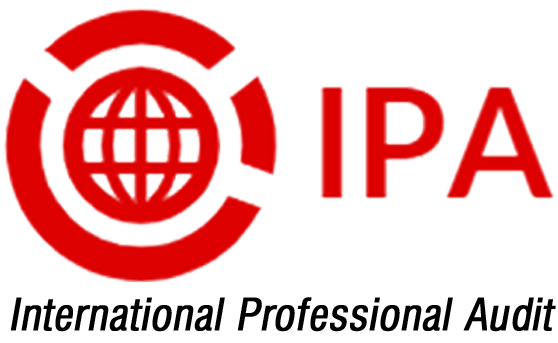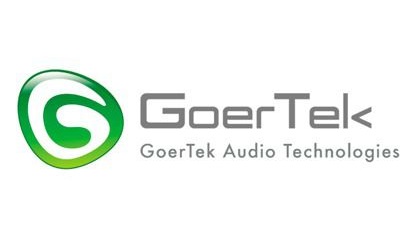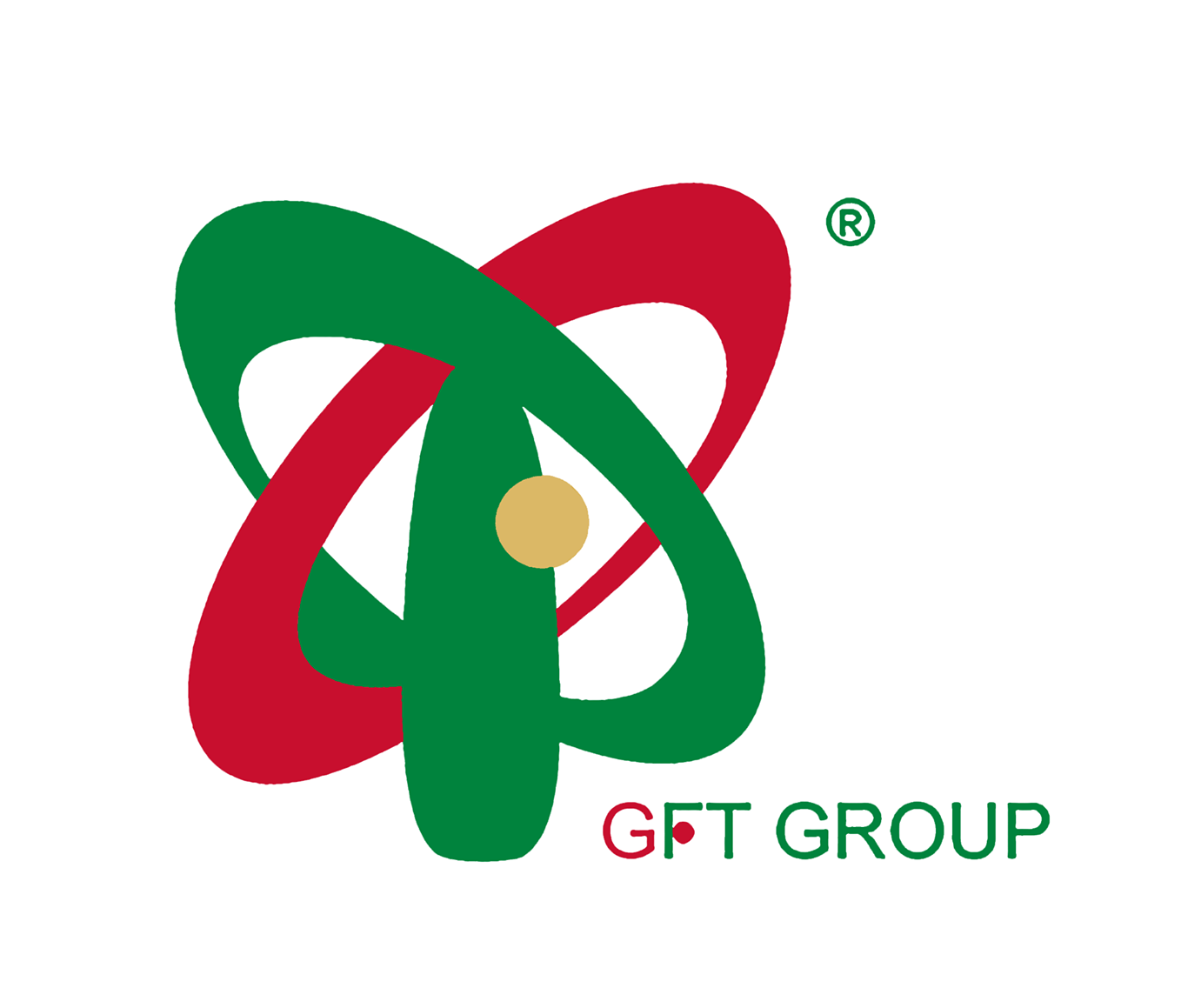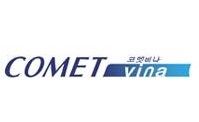Tax Administration
Strengthening the review and inspection to detect that taxpayers are at risk of invoices and VAT refund fraud
On June 1, 2022, the General issued Official Dispatch No. 1873/TCT-TTKT on strengthening the review and detection of taxpayers with signs of risk on invoices, combating VAT refund fraud. Accordingly, some implementation measures include:
– Reviewing and classifying businesses with invoice risks through suspicious signs;
- For invoices serving tax deduction and refund, if detecting signs of purchase and sale of invoices but no official conclusions from competent authorities, the enterprise shall be notified for tax declaration and adjustment. VAT;
- Coordinate between tax authorities in verifying invoices and origin of goods, returning results within 10 working days.
In addition, the Official Letter stated a number of signs and violations of taxpayers to strengthen inspection such as:
– The enterprise changes its legal representative 2 or more times within 12 months or so. – The enterprise has the number of times of changing its operation status or the number of times of changing its business from 2 times in a year;
– Newly established enterprises with fixed business locations (changing business locations many times in 1-2 years of operation);
– The enterprise moves its business location after receiving a Notice of inactivity at the registered address to change its legal representative and at the same time moves its business location;
- Enterprises established for many years without generating revenue, then resold or transferred to others;
- The enterprise has not fully paid the charter capital as registered;
– Large revenue but warehouse is not commensurate or there is no warehouse, no warehouse rental costs;
– Annual declared revenue arising from over 10 billion VND but the amount of tax payable is less than 100 million VND (1%);
– Enterprises use invoices in large quantities (from 500 to 2000 invoice numbers). The number of deleted invoices is large, accounting for about 20% of the used invoices on average;
- Enterprises have the value of goods sold, output VAT equal or very small difference compared to the value of purchased goods, input VAT;
- The enterprise has a large input and output VAT and output but does not incur a payable tax amount and has a negative VAT number for many periods;
.....
Organizing the implementation of Decree No. 34/2022/ND-CP
On June 23, 2022, the General Department of Taxation issued Official Letter No. 2194/TCT-KT on organizing the implementation of Decree No. 34/2022/ND-CP. Some things worth noting are as follows:
- Propagate the policy of extending tax payment and land rent payment according to Decree No. 34/2022/ND-CP. Accordingly, businesses will have to send a request for a grace period to the tax office by September 30, 2022. The content of the request for tax grace period is in Appendix 1 attached to the Official Letter.
– Instructions for taxpayers to submit the Application for Extension through the following applications: ETax 2.2.2, iCaNhan 3.2.8, iTaxViewer 1.9.6, HTKK 4.8.5, TMS 5.48. In case the taxpayer is unable to submit the application for extension electronically, the tax authority shall guide the taxpayer to send it by post or receive the application for extension and submit it directly at the office of the tax authority. tax according to the current process of receiving tax records.
– Provide support information at the General Department of Taxation (contact phone number, email box) on professional support; technical assistance.
Receipt
Time to issue e-invoices with logistic services
On May 27, 2022, Hai Duong Provincial Tax Department issued Official Letter No. 45083/CTHDU-TTHT on the time of invoice for logistics services. Specific content as follows:
In case the Company is a transport service enterprise (logistics) using e-invoices according to Decree No. 123/2020/ND-CP, the time of invoicing is the time when the data reconciliation between the parties is completed. but no later than the 7th day of the month following the month in which the service is provided, or no later than 07 days after the end of the convention period as prescribed in Clause 4, Article 9, Decree No. 123/2020/ND- CP.
Corporate Income Tax (“CIT”)
Outsourcing activities still enjoy CIT incentives
On June 30, 2022, the Tax Department of Bac Giang province issued Official Letter No. 3902/CTBGI-TTHT guiding on CIT incentives for outsourcing activities. Specific content as follows:
During the processing process, the Company has brought raw materials (delivered by customers) to hire outside companies to process some stages, then transferred to the company to continue to perfect the products and deliver them to the customers. For commercial outsourcing activities, expenses arising from outsourcing activities are expenses for production and business activities of the company. Therefore, the entire income from the company's outsourcing activities is entitled to CIT incentives according to the locality.
Personal Income Tax (“PIT”)
Foreigners are taxed progressive if the dispatching contract term is over 183 days
On July 7, 2022, the General Department of Taxation issued Official Letter No. 2414/TCT-DNNCN guiding the PIT policy for foreign workers. Specific content as follows:
In case the individual is a foreigner who is sent to work in Vietnam for a period of 5 years under the dispatching contract, that individual shall declare and calculate PIT for the words declaring PIT in 2021 according to the progressive schedule. partial.
In case a foreign individual is present in Vietnam for less than 183 days in a calendar year, but within 12 consecutive months from the first day of presence in Vietnam, 183 days or more, the first tax period of such individual is defined as 12 consecutive months from the first date of presence in Vietnam. From the second year, the tax period is based on the calendar year.
Personal income tax policy for non-resident individuals
On July 8, 2022, Hanoi Tax Department issued Official Letter No. 32313/CTHN-TTHT on PIT policy for non-resident individuals. Specific content as follows:
In case the Company in Japan (“the Japanese Company”) sends foreign personnel to work at the Company in Vietnam (“Vietnamese Company”) to study and consult the market reality to meet the requirements of the Company. If the individual is a non-resident, then:
– If the payments of the Vietnamese company to foreign employees are determined as income from salary, wages, monetary or non-monetary benefits other than salary, wages paid by the employer. If employees pay, the Company is responsible for withholding 20% before paying to individuals.
– If the Vietnamese company pays on behalf of the Japanese company according to the agreement on collection and payment between the two parties and does not generate any income subject to PIT, it is not subject to PIT in Vietnam.
Enterprises can continue to use PIT withholding vouchers that are still available while they have not yet deployed electronic documents.
On July 12, 2022, the General Department of Taxation issued Official Letter No. 2455/TCT-DNNCN on the implementation and operation of electronic invoices and documents. Specific content as follows:
According to the provisions of Article 33, Decree No. 123/2020/ND-CP, the withholding organization when using the electronic PIT withholding voucher is not required to register, notify the issuance, and transmit electronic data. To the tax authority, the deduction organization builds its own software system to use electronic vouchers to ensure the mandatory contents as prescribed in Clause 1, Article 32 of Decree No. 123/2020/ND-CP. During the time when electronic PIT withholding documents have not yet been deployed, organizations (including tax authorities) can use PIT withholding documents in the form of self-issuance. From July 1, 2022, tax authorities will not continue to sell PIT withholding vouchers printed by tax authorities; for cases where the tax agency's purchase deduction vouchers are still available, they shall continue to use them.
Labor and insurance
Notes on applying the overtime limit of 300 hours/year
On June 16, 2022, the Vietnam General Confederation of Labor issued Official Letter No. 4359/TLD-QHLD guiding the implementation of Resolution No. 17/2022/UBTVQH15. Accordingly, businesses should note the following points:
– The maximum overtime limit of 300 hours/year only applies to the cases specified in Clause 1, Article 1 of Resolution 17 and Clause 3, Article 107 of the Labor Code 2019.
– All cases where overtime is organized up to 300 hours/year will be applied the overtime rate from over 40 hours to 60 hours/month from April 1, 2022.
– When applying the overtime limit according to Resolution 17/2022/UBTVQH15, enterprises still have to fully comply with other regulations on overtime in the Labor Code and guiding documents (such as number of working hours). extra per day; wages to be paid when working overtime; with the consent of the employee to participate in overtime work;...).
– If organizing overtime from over 200 hours to 300 hours/year, the enterprise must notify the local Department of Labor, War Invalids and Social Affairs as prescribed in Clause 4, Article 107, Labor Code and Article 62 Decree 145/2020 /ND-CP .
– The time limit for applying the overtime limit under Resolution 17 is until the end of December 31, 2022, unless extended by the National Assembly.














